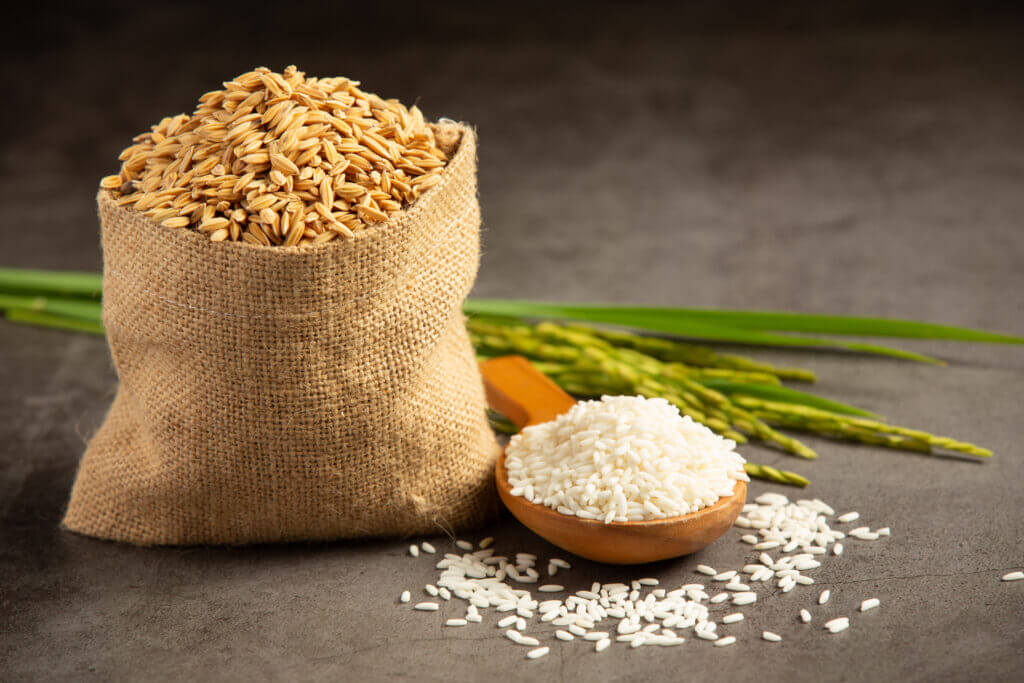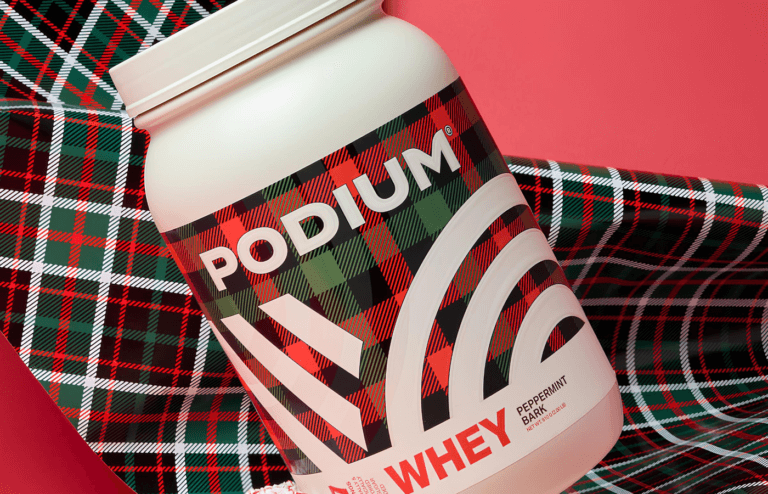How many of these plant-based protein myths are you falling for?
Myth One: We can’t meet our protein requirements from plants

It’s totally possible to meet our daily protein requirements from plants, providing that a variety of protein sources are consumed, and our daily energy requirements are met. Current advice suggests that adults should aim for 0.80g protein per kg body weight per day.
This can be achieved by enjoying a range of plant-based protein sources including:
- Soy (e.g., soy milk, yogurt, tofu, tempeh)
- Legumes (e.g., beans, lentils, peas, peanuts)
- Nuts and seeds
Plant-based protein powders can also be helpful for those who struggle to include sufficient protein at particular meals and can provide an extra boost for those who are very active. Vega clean protein powderis high in protein, contains BCAAs, protein digesting enzyme from pineapple and is low in sugar and gluten-free.[1]
Myth Two: You need to combine plant-based proteins sources at each meal
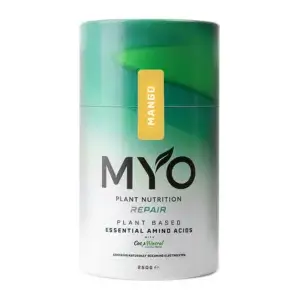
Amino acids are building blocks of protein, and the body requires a certain number of these from the diet for optimal health. Unlike animal protein, plant-based protein provides amino acids in varying amounts.[2] For example, cereals and grains have low levels of the amino acid lysine (2) whilst legumes have low levels of methionine.[3]
Some plant-based protein sources are considered complementary, and when they are combined, they provide all the amino acids that you need for health.
Until recently, it was believed that complementary proteins should be eaten together at every meal. But more recent research indicates that if you eat a variety of sources of protein throughout the day such as MYO plant nutrition rebuild vanilla protein powder. you won’t fall short on each amino acid[4]. Supporting muscle growth and 100% vegan, this pea, rice and hemp blend provides a complete, balanced protein to hit your macronutrient needs.
Myth Three: There is a lack of high-quality plant-based protein sources
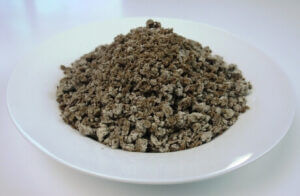
It’s a common misconception that all plant-based protein is of lower quality in comparison to animal protein. However, a method for assessing protein quality that evaluates the amino acid profile along with how well the body can use the protein, indicates that mycoprotein (Quorn) is on par with milk protein[5].
Referring to a plant protein as ‘low quality’ can also be misleading, as it relies on one type of food to meet all our amino acid requirements and does not take into account a whole day of plant protein consumption.
Myth Four: Plant-based protein timing doesn’t matter
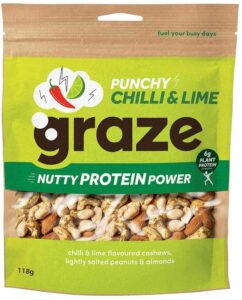
Looking to tone up and improve exercise performance?
On average, a lot of us tend to pile our protein into our evening meal and have the smallest intake at breakfast. However, spreading our plant-based protein consumption more evenly throughout the day appears to be more effective for building and maintaining muscle mass!
Research indicates that no more than 20-40g protein per 3-4 hours period is needed for maximising muscle formation.[6] The aim is to incorporate some form of plant-based protein at each meal or even a snack such as the Graze punchy chilli & lime nuts. As a high source of protein (9g) and high in fibre, the nutty combination helps curb every craving whilst maintaining muscle mass and become part of a balanced diet
Myth Five: Protein is the most important macronutrient for post-exercise recovery
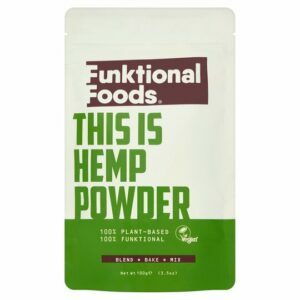
Whilst a post-workout snack isn’t necessary after low-intensity exercise such as walking, engaging in higher-intensity exercise (such as running or a HIIT class) makes nutrition key for recovery!
When enjoying a post-exercise meal or snack, consider combining carbohydrates, creatine and protein. This combination has been shown to increase glycogen storage whilst helping to preserve lean muscle mass.[7] Glycogen is a store of carbohydrates in muscle and liver cells, which provides us with fuel for when we next exercise.
There are plenty of plant-based recovery meals that incorporate these two macronutrients. Why not try a baked potato with beans, banana with soy milk, or hummus on toast? If you’re short on time, a delicious protein sweet treat such as the Graze peanut butter chocolate protein flapjack, or a smoothie made with plant-based protein powder such as Funktional Foods hemp protein powder can be an easy and convenient on-the-go alternative.
[1] https://lloydspharmacy.com/
[2] NCBI – Amino Acid Adequacy in Vegetarian Diets – 2019
[3] Front. Sustain. Food – 2019
[4] National Library of Medicine – Protein and vegetarian diets
[5] Cambridge Core – The protein quality of mycoprotein – 2010
[6] Journal of the International Society of Sports Nutrition
[7] Journal of the International Society of Sports Nutrition

